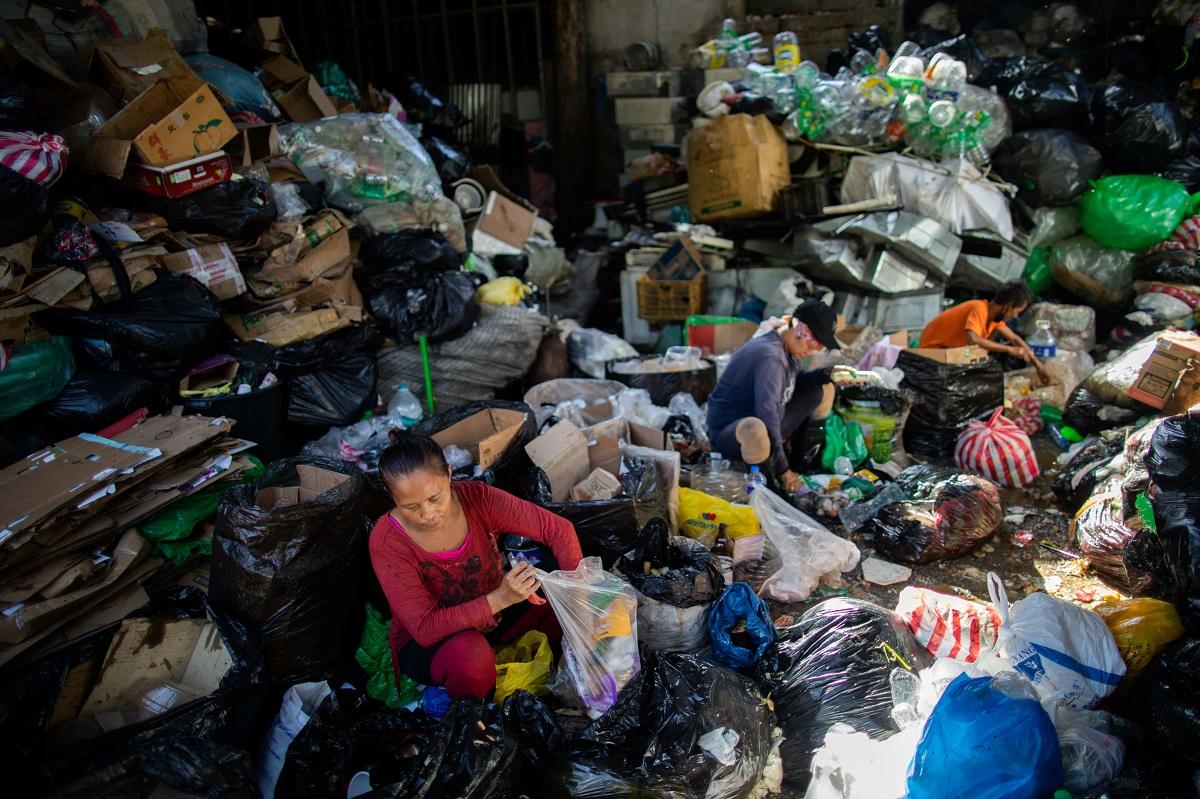How did the Philippines do in the just-concluded plastics negotiations in Canada?

The Philippines is among the 170 countries who sent a delegation to the just-concluded fourth round of negotiations for a legally binding plastics treaty in Ottawa Canada.
Having concluded on Tuesday without agreement on a proposal to consider sustainable plastic production limits, Inger Andersen, executive director of the UN Environment Programme, said in a statement, "the work is far from over."
"The plastic pollution crisis continues to engulf the world and we have just a few months left before the end of year deadline agreed upon in 2022," she added.
At the negotiations in Canada, the Philippines took a strong position supporting the global reduction of plastic production, looking to science for guidance.
The country's position, published on the United Nations Environmental Program website, began with, "The Philippines believes that the international legal binding instrument must be guided by science."
It also cited scientific studies including the US national government's Lawrence Berkley laboratory, the Grid Arendal, and inputs of the Scientists' Coalition for an Effective Plastics Treaty that said it it will be impossible to achieve the 1.5°C limit set in the Paris Agreement of 2015 "if there are no reductions in primary plastic polymer production."
"The latest study by the US national laboratory shows that about 75% of the greenhouse gas emissions from plastics happen even before the production of polymers," the Philippine statement continued.
Pointing to scientific studies that said reducing plastic production is the most effective scenario to prevent the ballooning of plastic pollution by 2060, the Philippines said, "we believe that a reduction of primary plastic polymers, global aggregate targets, and national phase-down schedules are essential elements for sustainable production and consumption under the international legally binding instrument."
"Let us heed the warnings of the world's scientists," it added.
The Philippine delegation was led by Department of Environment and Natural Resources (DENR) undersecretary Jose Miguel Cuna. He was joined by DENR's chief of climate change service Albert Magalang and chief of legal research and opinion division, Rosette S. Ferrer.
Greenpeace Philippines has lauded the Philippines' position, saying, "We believe that the country is signaling that it is joining the call for an ambitious treaty that will put an end to plastic pollution."
Greenpeace Philippines zero waste campaigner Marian Ledesma added, “Greenpeace commends the government’s position on plastic reduction, which calls for 1) the reduction of primary plastic polymers, 2) global aggregate targets, and 3) national phase-down schedules. With this stance, we believe that the country is signaling that it is joining the call for an ambitious treaty that will put an end to plastic pollution."
A recent survey by the non-profit, conducted in 19 countries in February showed the Philippines topping the list of respondents who say the Global Plastics Treaty must ban single-use plastic packaging (88%). It also tied with Indonesian respondents at 97% in saying the treaty should include targets that oblige governments and corporations to transition away from single-use plastic.
At 94%, Filipinos are also the most concerned about health effects of plastics on their loved ones.
While the negotiations ended without agreement on a proposal to consider sustainable plastic production limits, the countries agreed to analyze how to identify hazardous plastic chemicals in products and problematic plastic products, how to re-design plastic packaging and how to finance efforts to tackle plastic pollution.
The fifth and final round of negotiations will take place in Busan, South Korea in November.
Click here to learn more about plastic pollution. — BM, GMA Integrated News




